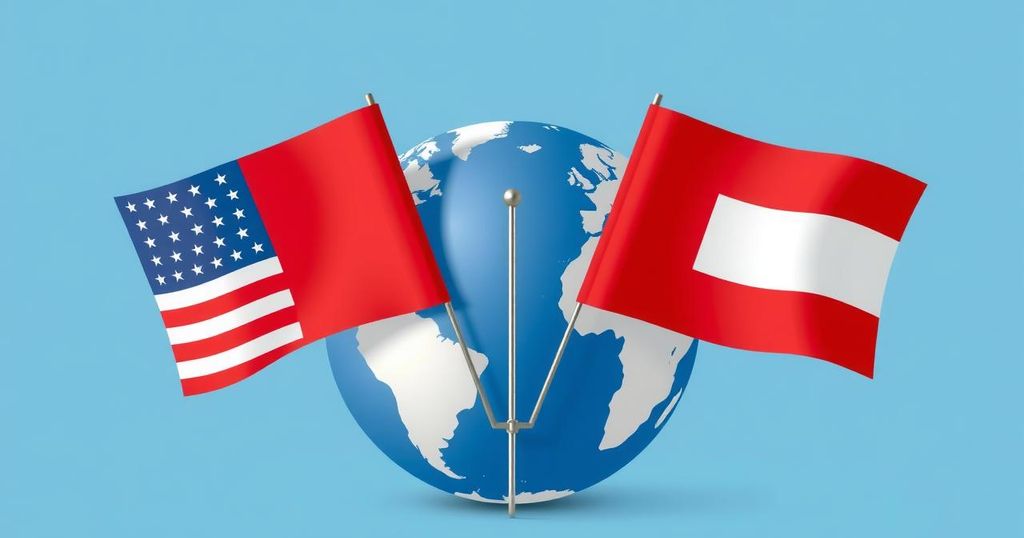Global news
ASIA, CHOE TAE - YUL, DEFENSE, DEMOCRATIC PEOPLE ’ S REPUBLIC OF KOREA, DIPLOMACY, DPRK, ENERGY INFRASTRUCTURE, EUROPE, EUROPE/ASIA, GERMANY, HANOI, INTERNATIONAL RELATIONS, JAPAN, KIM JONG UN, KOREA, NORTH, MARCO RUBIO, MILITARY COOPERATION, MILITARY DRILLS, MUNICH, NORTH AMERICA, NORTH KOREA, PYONGYANG, PYONGYGANG, RUSSIA, SOUTH KOREA, TAKES, TAKESHI IWAYA, UNITED STATES, US, VIETNAM
Jamal Walker
0 Comments
U.S., Japan, South Korea Reinforce Commitment to Denuclearize North Korea
The United States, Japan, and South Korea reaffirmed their commitment to North Korea’s complete denuclearization during discussions at the Munich Security Conference. They expressed concerns over North Korea’s nuclear and missile programs, cyber activities, and military cooperation with Russia. The joint statement emphasized the need to address these issues and warned against provocations while committing to resolving humanitarian matters.
On Saturday, the United States, Japan, and South Korea reiterated their “resolute” commitment to achieving the “complete denuclearization” of North Korea. This affirmation followed discussions involving newly appointed US Secretary of State Marco Rubio, South Korean Foreign Minister Choe Tae-yul, and Japan’s Foreign Minister Takeshi Iwaya during the Munich Security Conference.
The leaders expressed their serious concerns regarding North Korea’s nuclear and missile programs, alongside its cyber activities, which include cryptocurrency thefts. They highlighted the necessity of addressing these issues collaboratively while warning that any provocations or threats to their nations would not be tolerated. Moreover, they pledged to reinforce international sanctions against Pyongyang.
Additionally, they underscored their commitment to resolving humanitarian issues, specifically those related to abductees, detainees, unrepatriated prisoners of war, and separated families. North Korea, largely isolated from the international community due to sanctions, remains a significant challenge for the United States with its persistent nuclear ambitions.
Despite former President Donald Trump’s previous engagements with North Korean leader Kim Jong Un, the North has remained defiant in its stance toward nuclear development, declaring intentions to continue its program indefinitely. This defiance has further escalated tensions, particularly following Rubio’s labeling of North Korea as a “rogue state” and the country’s condemnation of US military activities in proximity to its borders, including the recent visit of a US nuclear submarine to South Korea.
The failed Hanoi summit in 2019, which collapsed over disagreements on sanctions and denuclearization terms, remains a significant event in this ongoing diplomatic saga. The situation continues to evolve as international stakeholders assess how best to engage with North Korea.
In conclusion, the reaffirmation of the commitment to denuclearization by the U.S., Japan, and South Korea signals a unified stance against North Korea’s nuclear ambitions. The urgency of addressing cybersecurity threats, military cooperation with Russia, and humanitarian concerns further highlights the complexities of the region’s security dynamics. As diplomatic relations remain strained, the existing sanctions and international collaboration play crucial roles in contending with North Korea’s provocations and actions.
Original Source: www.firstpost.com




Post Comment